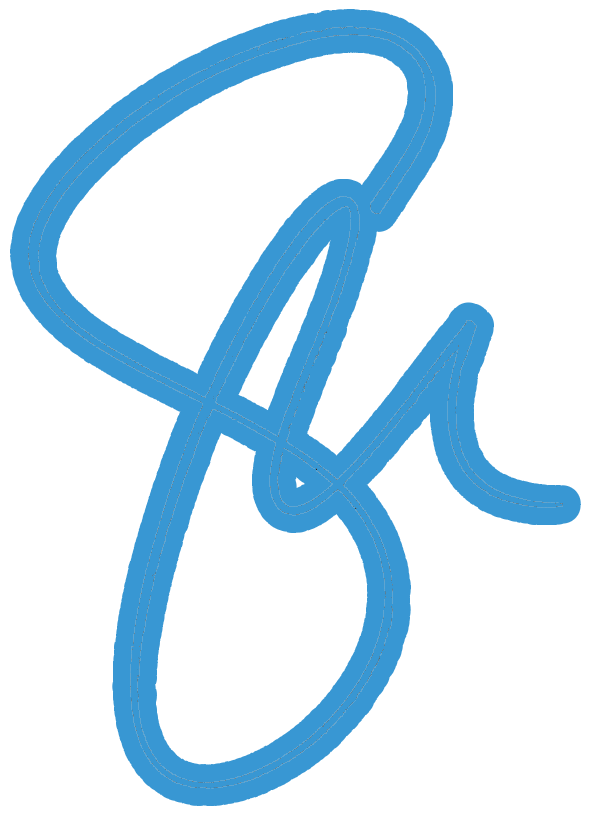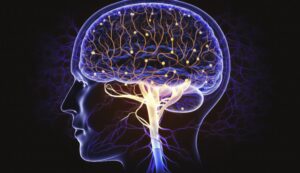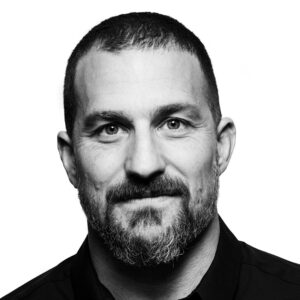No fluff, no BS, a simple process
I do believe something very magical can happen when you read a good book. — J. K. Rowling
Frequent readers know I don’t share fluff or BS.
I make sure to share what at least worked for me.
My thinking process is simple.
For example
if you want to make money or start a business, you will never reach out to your broke friend or someone who has no idea what the ins and outs of a business are. Would you?
You will research to find the right person, and it is common nowadays to hire a consultant based on authentic reviews.
Here is another example:
One of my favorite YouTubers, Ali Abdaal, wrote a book on how to boost productivity.
Feel-Good Productivity: How to Do More of What Matters to You
When he started his journey to write a book, he had 3M+ subscribers on YT, but he still reached out to the top writers for advice.
He approached Ryan Holliday, one of the accomplished writers on Medium, to ask about the best way to write a book.
The purpose of this article is to share what worked for me.
If you put in the minimum effort, it will work for you.
Recall
Did you ever remember getting so deep in a book that you completely forgot what time it was or even if someone was talking or saying something to you?
That’s the deep level I am talking about.
Our attention span is not as good as it used to be. According to research, our attention span has decreased in merely 15 years from 12 seconds to 8.25 seconds.
In fact, scientists say we have a shorter attention span than a goldfish, which can focus for 9 seconds.
Reading is a highly demanding activity that requires your 100% focus to grasp the ideas. It’s not like watching a YouTube video, which is known as a passive activity.
Deep reading means you understand everything an author is trying to convey and enhance your creative thinking to question the argument.
I developed a reading habit when I was young and shared my journey in the following article.
How Does Reading Affect Your Brain
I always had a physical book, and still, in this modern world, I prefer to read a physical book. However, I admire the portability factor of a digital reader like my Kindle Paperwhite.
Book recommendation #1
The Shallows: What the Internet Is Doing to Our Brains
It’s an excellent book for understanding the effects of the internet on our lives, especially our way of thinking. He asks thought-provoking questions.
“Is Google making us stupid?
Physical book
Research shows we understand and connect information best when we read physical pages.
Print media provides a tangible and spatial experience, enabling readers to track their progress and location easily.
Physical pages are free of distractions.
The study also shows that people retain better when they read printed material than on digital screens.
Say no to gadgets
I skyrocketed my reading skills when I intentionally placed my phone in another room.
I don’t take my phone to the bedroom.
I don’t take my iPhone to the office, at least for the first 3–4 hours — creative work.
I make sure the phone is far reachable.
Recently, I read another cool trick. The gentleman was having a hard time reading. He was able to find his main distraction — a smartphone.
He bought this safe time locking box for the kitchen. You place the phone in the box, and it’s locked for the predetermined time. The only way to open the box before it ends up is to break it.
I saw this same trick when I was at a social gathering and the host took all the phones for 45 minutes to place in a simialr container to encourgae a human connection.
Kitchen Safe Time Locking Container
I would say — SmartPhone Safe Time Locking Box.

Read with a pencil, highlighter, and sticky tabs.
Develop a habit of writing in books.
Don’t worry if your books are getting dirty or you are writing a lot in the corners.
It means you are deeply involved with the author. You are taking all the actionable items and questioning if they are the right things to boost your life.
Here is an example: I love to read in the book, highlight, place sticky tabs, and write in the sies.
These 28 Reading Rules Tranformed My Life
How to handle random thoughts
Ahh, the wonder mind
Let me recall that our attention span is so short; therefore, our brain is always on the run to bring more thoughts.
While writing or reading, the brain brings too many thoughts.
Tiny experiment
Suppose you need help to bring more ideas into your work environment. Here are a couple of quick ways to clear your mind.
- go for a long walk
- go for a run,
- take a shower,
- start writing
- Start reading
I place a notebook on my reading desk to jot down all my thoughts.
This article is a product of that trick.
However, I always say not all thoughts are good. In a nutshell, it’s creativity to generate more ideas. You never know which one will enhance your life.
Read for 20 pages a day.
Be an expert; there is absolutely nothing wrong with playing, and find out what works for you.
Try to read at different times of the day
Try to read different places of the home, office, library
We are allowing our brain to develop reading muscles, which is going to take time.
Here is a great article on how to develop a reading habit. First, you need to develop a reading habit, then deep reading skills.
Here is a complete solution via a 30-day experiment
I Read 20 Pages Daily for 30 Days
Read everything
I prefer to read purposeful things.
Real stuff
Real problems
However, I also learned that if you want to boost creativity, read fiction.
Recently, I started to read fiction, and here is my first function bundle to read.
Book recommendation #2
Why? → It will boost your creativity muscle.
Don’t be fixated on reading a particular genre; read and read a lot. All successful people are voracious readers—Bill Gates, Obama, Oprah, and Ruth all read a heck of a lot.
As a new reader, please check my holistic health, productivity, and well-being stories reflecting my reviews, observations, and 30+ days of experiments (29 completed so far) to build a sustainable healthy lifestyle.




